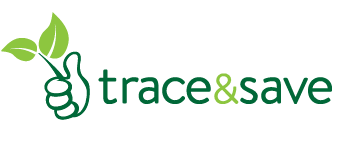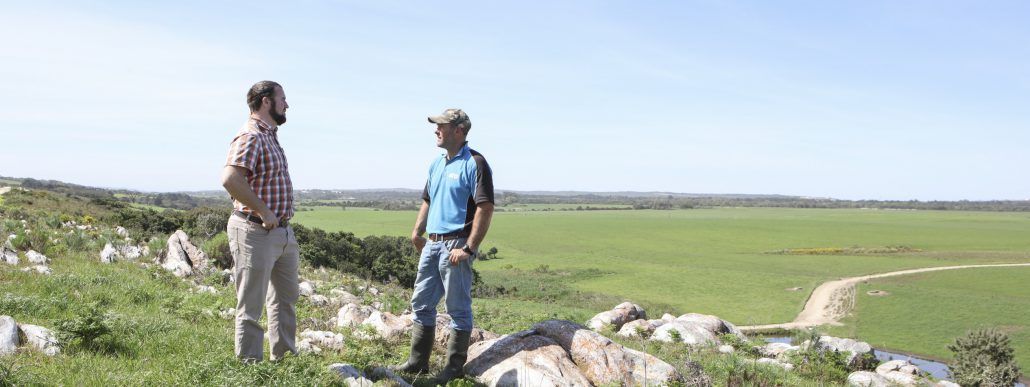Everyone in South Africa is currently, or has recently, faced challenging times associated with the drought. Water restrictions are not always easy. Farmers are even more affected by these challenges. It has been a very tough season, and year. For the dairy farmers that we work with in the Eastern Cape, the limited water supply means that they are not able to grow the grass that they usually can and are forced to buy food for their animals, at a very high cost. They need to figure out the best way to make use of their limited water supply. This is along with many other challenges that farmers face. There is a lot of hard work and effort that goes into producing the glass of milk that you drink with your breakfast.
Taking this into account, it is very tough when farmers see the same product they are producing being imported from other countries. Especially for farmers who are doing their utmost to farm in a more sustainable manner, caring for the local environment. As consumers, we should support our local farmers by buying local produce, might I dare to say, even if it costs us more.
- A carbon footprint assessment for pasture-based dairy farming systems in South Africa - 2024-02-07
- What progress have farms participating with Trace & Save made over the past 10 years? - 2023-09-06
- Carbon footprint reduction over time: Lessons from pasture-based dairy farms in South Africa - 2023-09-04

